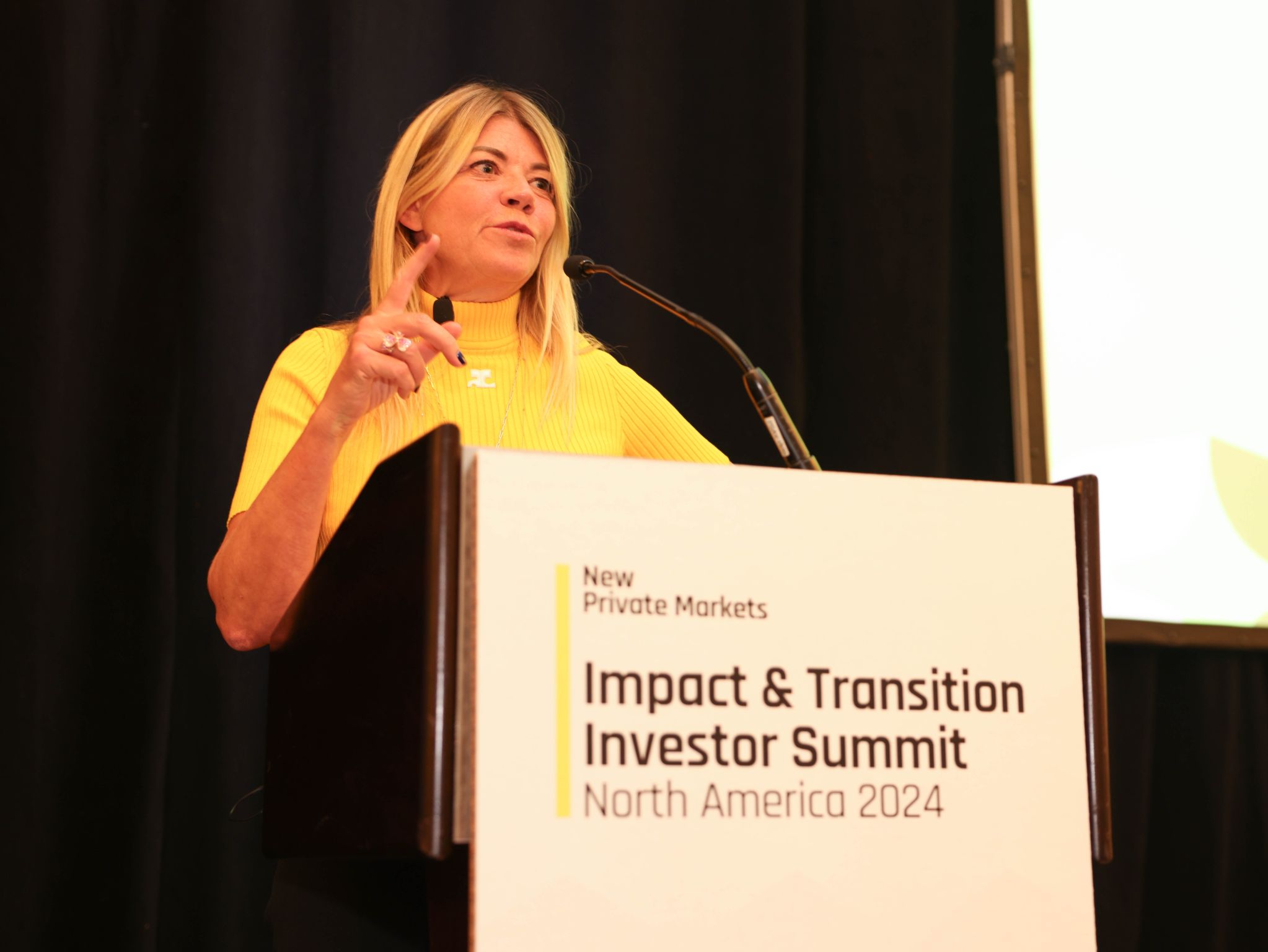We are at a pivotal moment. The choice for sustainability is no longer simply an option; it's becoming essential to ensure the sustainability of companies, economies, and our society. At the heart of this transformation lies a critical challenge that most corporations have yet to fully address: Scope 3 emissions.
The Hidden Giant: Understanding Scope 3
Scope 3 emissions represent the lion's share of a company's environmental impact—encompassing all indirect emissions from their entire value chain. While corporations focus intently on their direct emissions (Scope 1) and purchased energy (Scope 2), the massive footprint of their supply chains, distribution networks, and product lifecycles often remains in the shadows.
The numbers tell a stark story:
- The fashion industry uses 93 billion cubic meters of water annually
- Americans discard over 12 million tons of furniture each year
- Companies risk missing Scope 3 targets by 40-60%
These statistics aren't just environmental concerns—they represent massive business risks and untapped opportunities for transformation.
The Mid-Market Opportunity
At Ardabelle Capital, we've identified a critical gap in the sustainability investment landscape. While large corporations set ambitious climate targets and investors pour capital into mega-scale solutions, the mid-market companies that form the backbone of global value chains remain largely overlooked.
These mid-market players are precisely where transformation can have the most impact. They're large enough to drive meaningful change across their sectors, yet small enough to pivot quickly and implement innovative solutions. Most importantly, they're the companies that large corporations depend on to meet their Scope 3 commitments.
The choice for sustainability is no longer simply an option; it's becoming essential to ensure the sustainability of companies, economies, and our society.
Strategic Investment for Systemic Change
Our investment strategy focuses on identifying and scaling mid-market companies that can become catalysts for broader industry transformation. These companies often possess critical positioning within essential supply chains, innovative technologies or processes that can reduce environmental impact, management teams committed to sustainable transformation, and scalability potential to influence entire sectors.
By investing in these transformative companies, we're not just generating financial returns—we're enabling the systemic changes needed for large corporations to achieve their climate goals.
This pivotal moment demands action. The companies and investors who recognize the strategic importance of Scope 3 transformation today will define the sustainable economy of tomorrow. The question isn't whether this transformation will happen—it's whether you'll be leading it or scrambling to catch up.
The Competitive Advantage of Early Action
Companies that successfully transform their sustainability practices today gain significant competitive advantages tomorrow. As regulations tighten and consumer expectations rise, the businesses that have already solved the Scope 3 challenge will be positioned to capture disproportionate value.
We're seeing this play out across industries: from fashion brands redesigning their material sourcing to furniture companies revolutionizing their end-of-life processes. The companies that act now are creating moats that will be difficult for competitors to cross.
Beyond Compliance: Building Resilient Business Models
The transformation we're witnessing goes beyond regulatory compliance or ESG reporting. It's about building business models that are inherently more resilient, efficient, and valuable. Companies that address their Scope 3 emissions often discover:
- Cost savings through resource efficiency
- New revenue streams from circular business models
- Enhanced customer loyalty and premium pricing
- Access to sustainability-focused capital
This article was inspired by insights shared on LinkedIn. Join the discussion:
💼 View on LinkedIn
